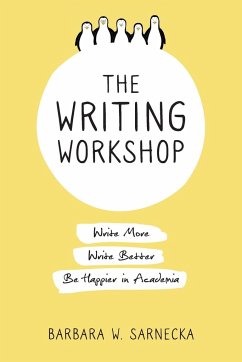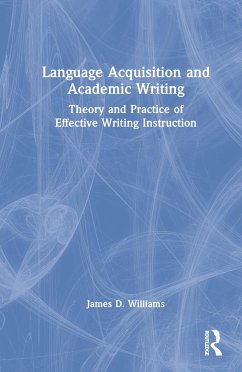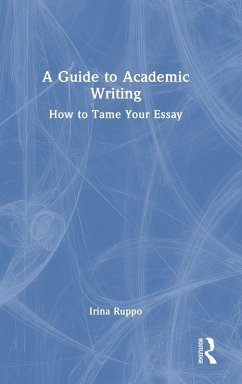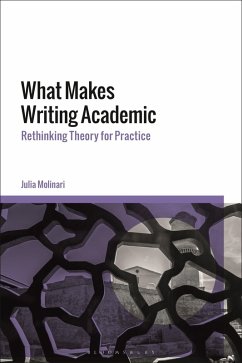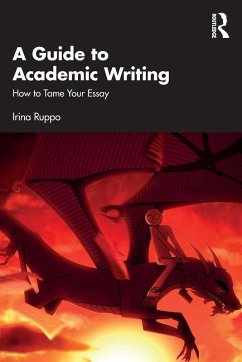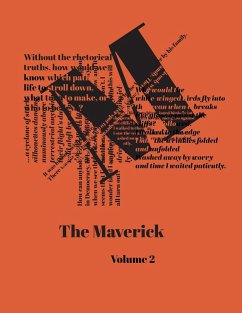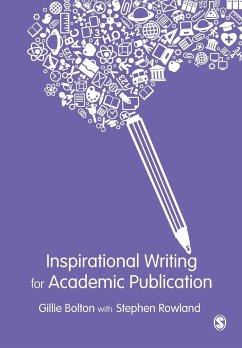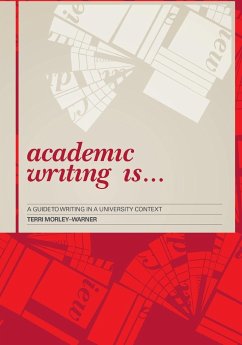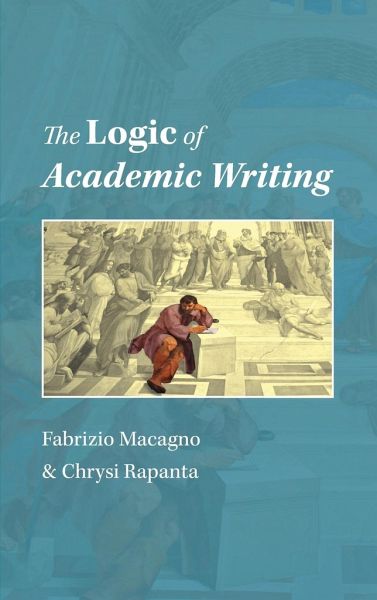
The Logic of Academic Writing
Versandkostenfrei!
Versandfertig in 1-2 Wochen
58,99 €
inkl. MwSt.

PAYBACK Punkte
29 °P sammeln!
The Logic of Academic Writing was developed from a practical educational need, namely teaching early-year Ph.D. students some basic ideas on how they can structure their arguments in ways that may make sense for an academic paper to be written and consequently published. The authors' research expertise is in argumentation studies: the discipline that analyzes how arguments are produced, evaluated, and addressed, considering the pragmatic, logical, and dialectical levels. Since academic writing is characterized by supporting an original idea through proofs or arguments, the book focuses on the ...
The Logic of Academic Writing was developed from a practical educational need, namely teaching early-year Ph.D. students some basic ideas on how they can structure their arguments in ways that may make sense for an academic paper to be written and consequently published. The authors' research expertise is in argumentation studies: the discipline that analyzes how arguments are produced, evaluated, and addressed, considering the pragmatic, logical, and dialectical levels. Since academic writing is characterized by supporting an original idea through proofs or arguments, the book focuses on the "logic" of writing, that is, on the reasoning we use for structuring ideas, paragraphs, and papers...the reasoning mechanisms that we use when we develop and organize our ideas, connect them with other ideas, and support them through arguments.





